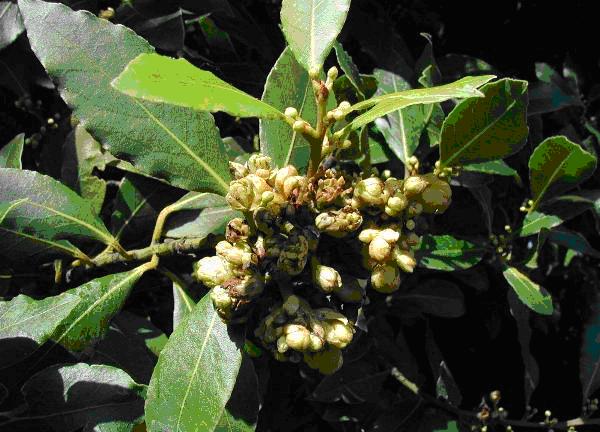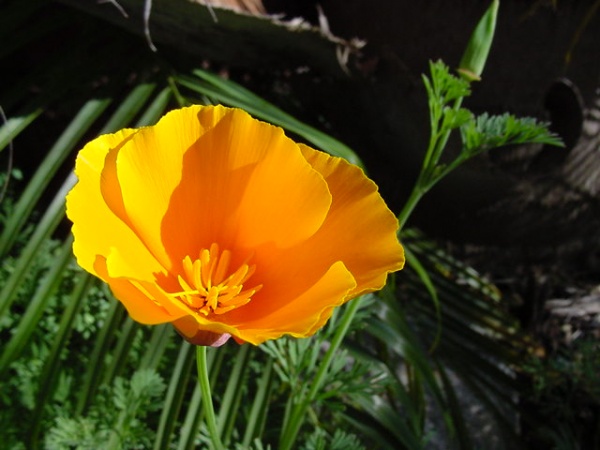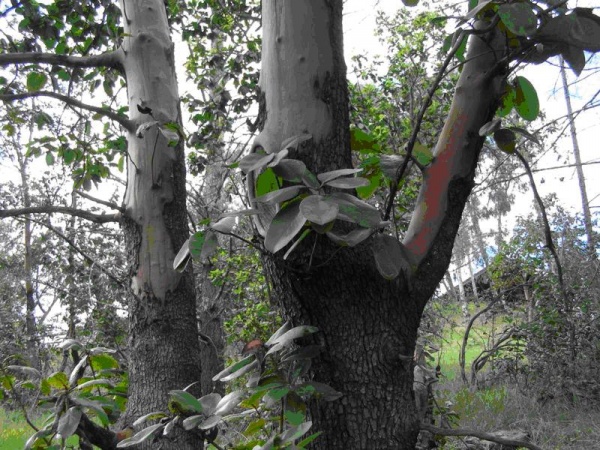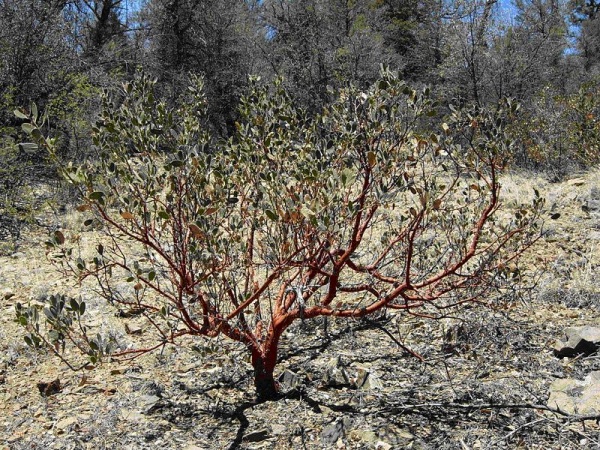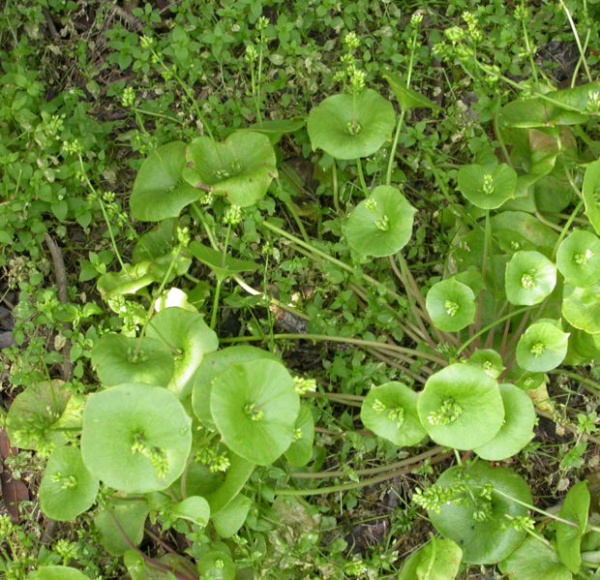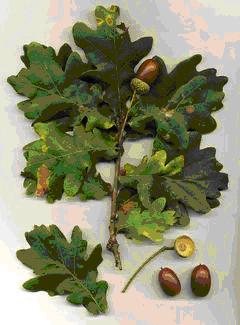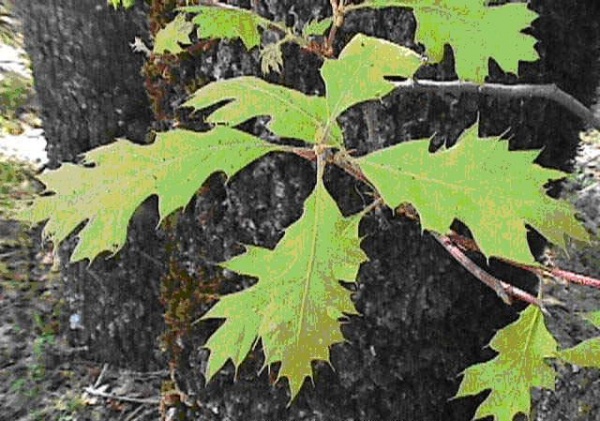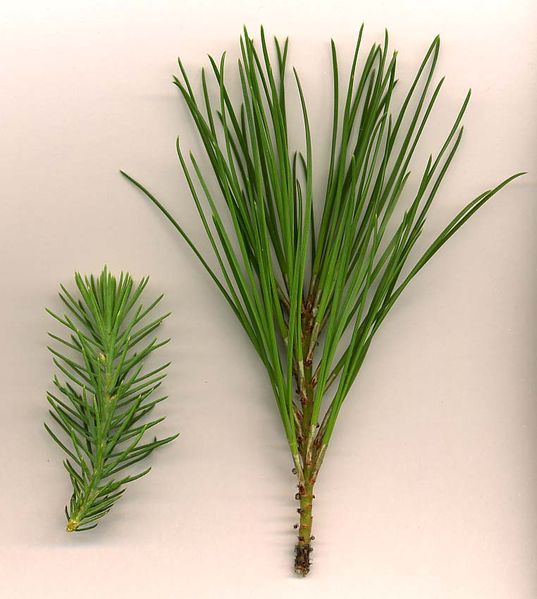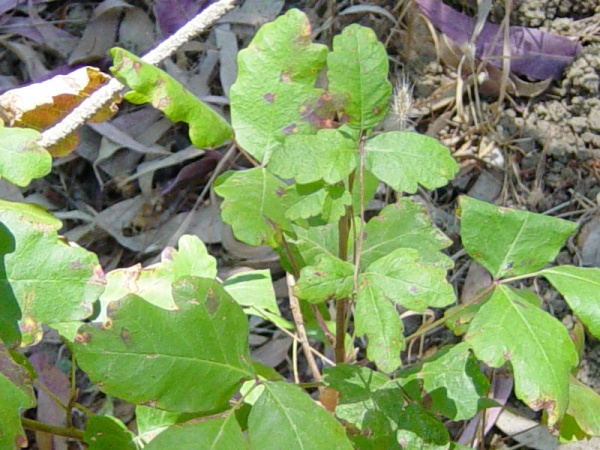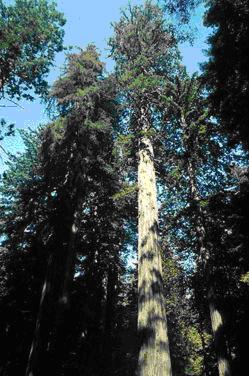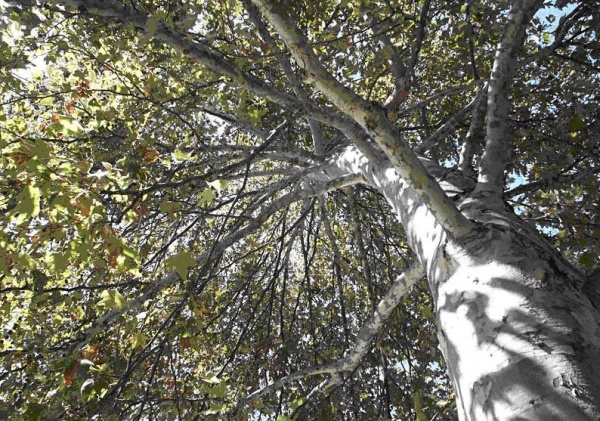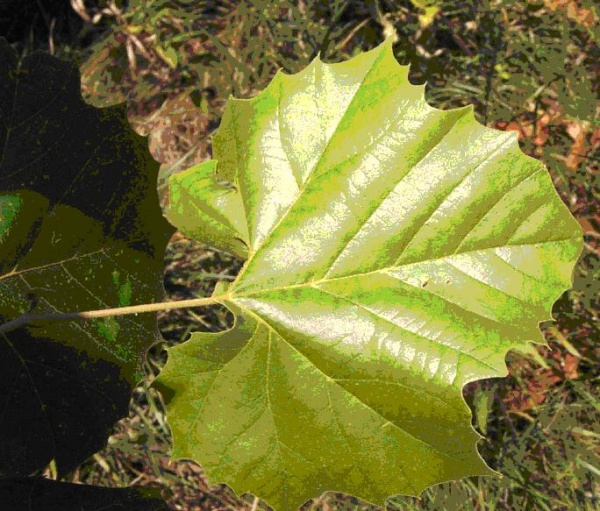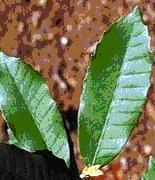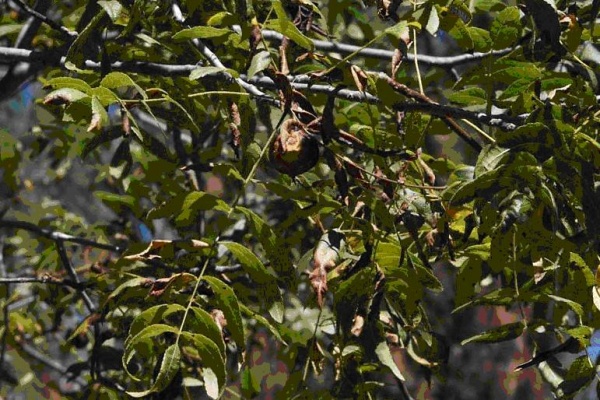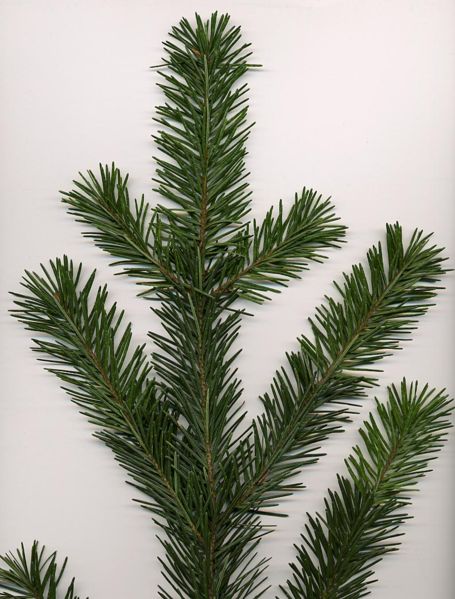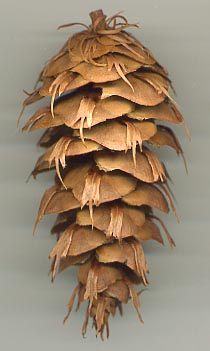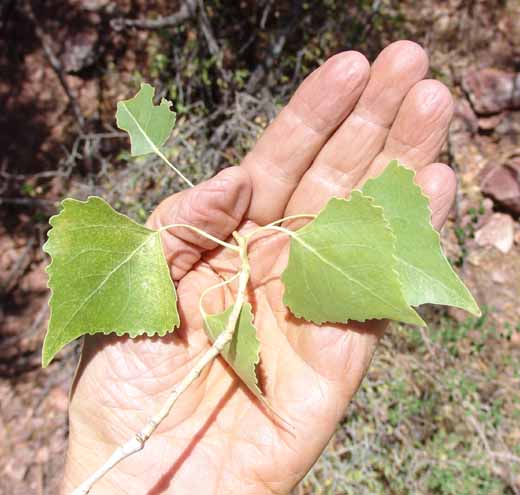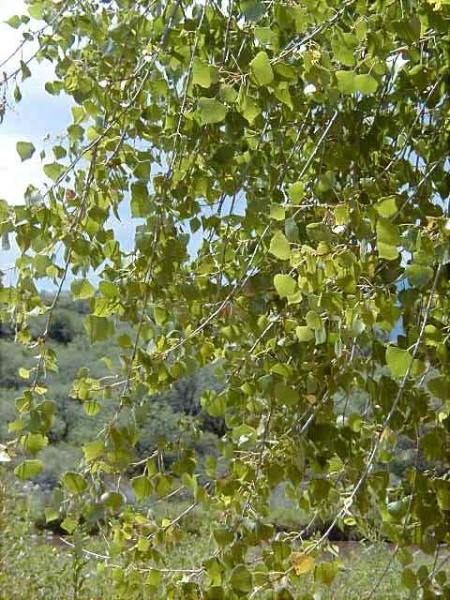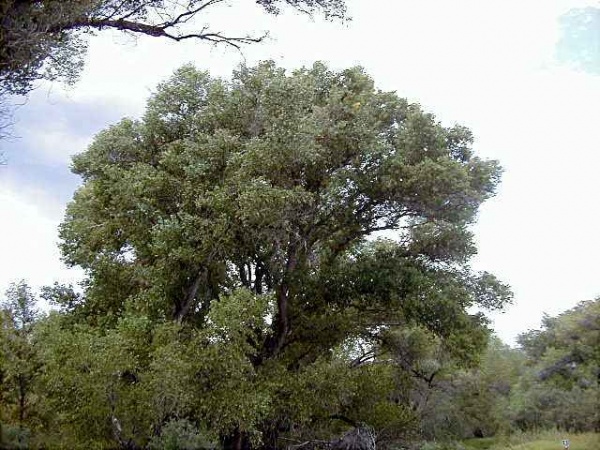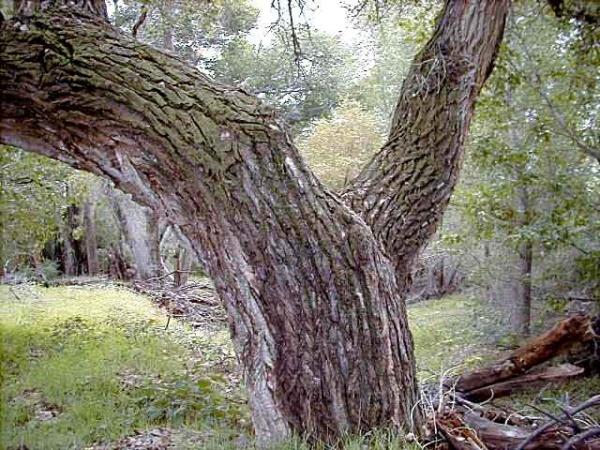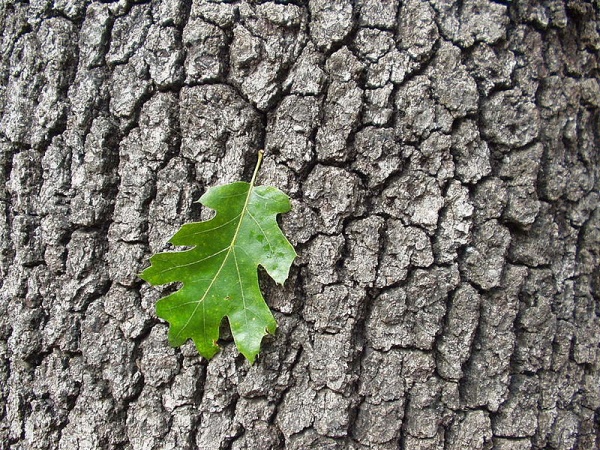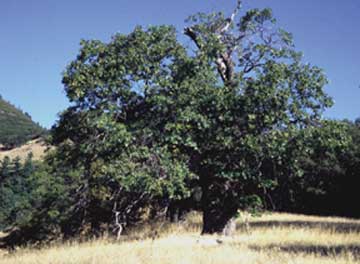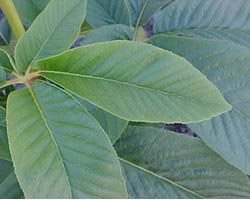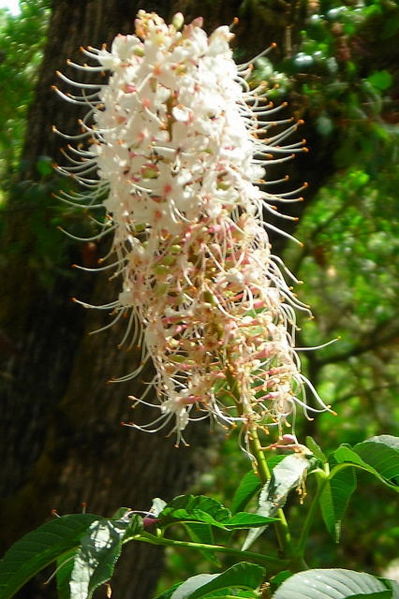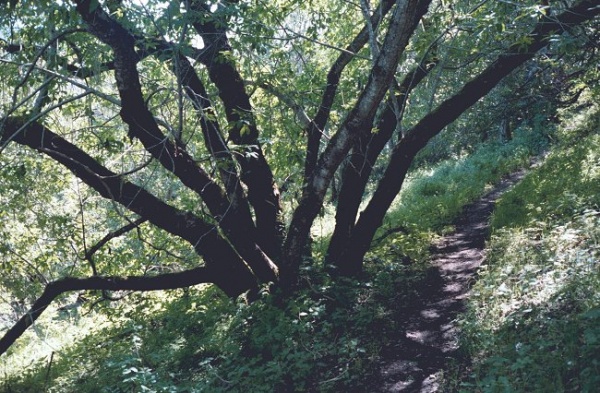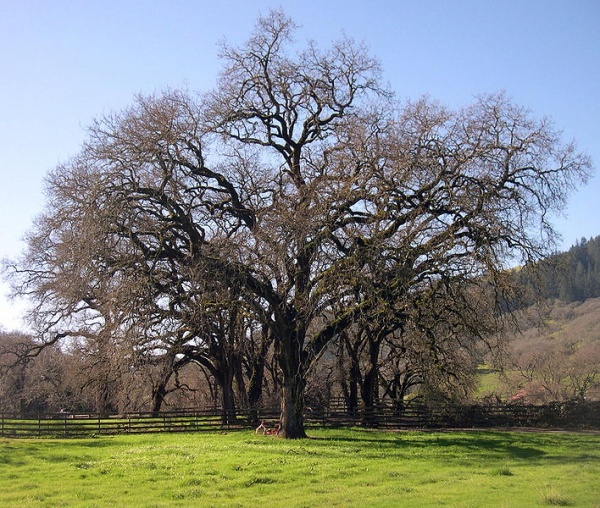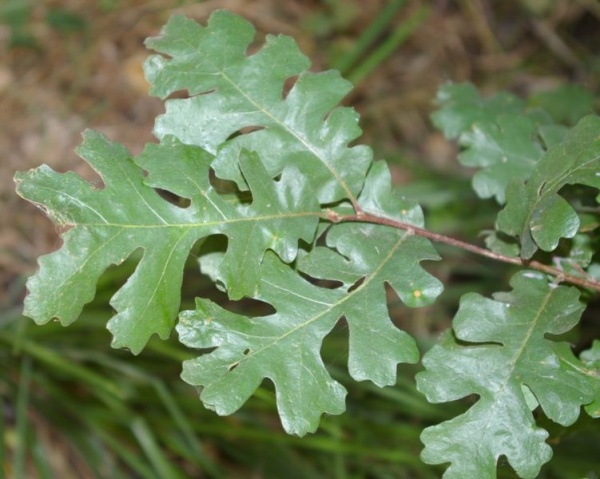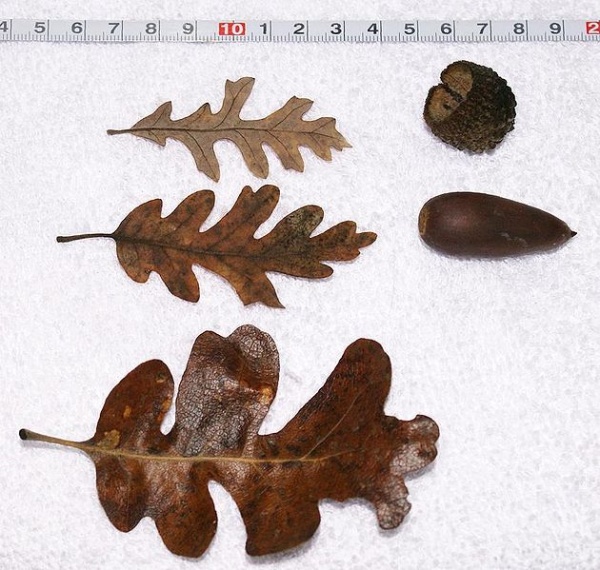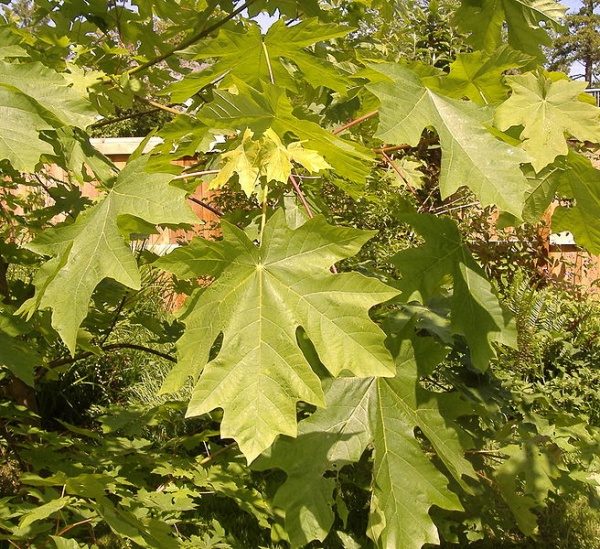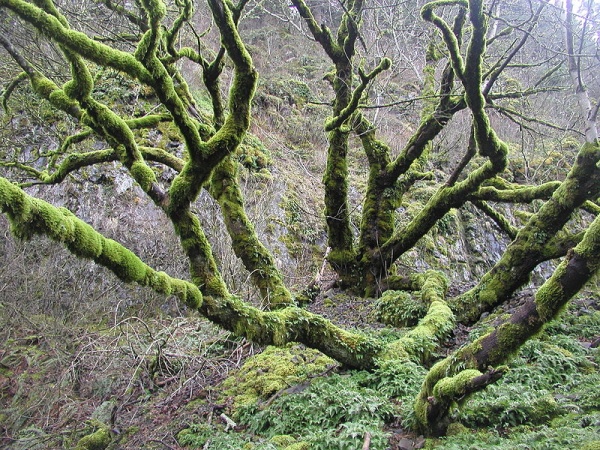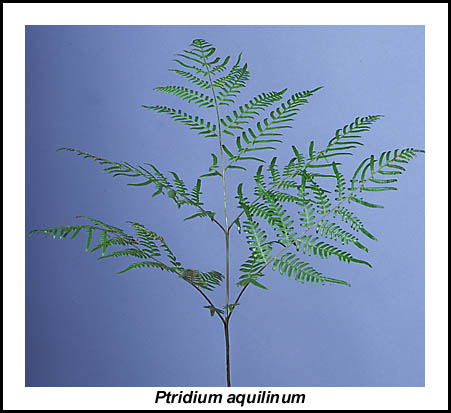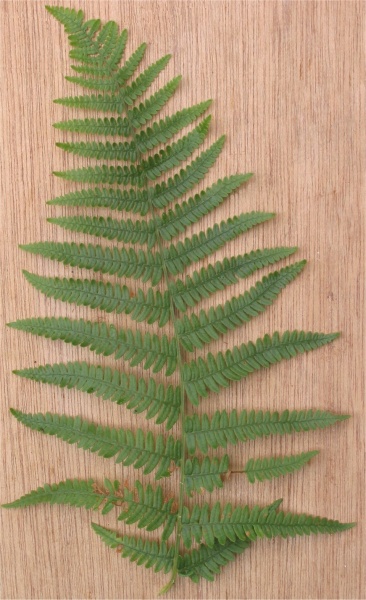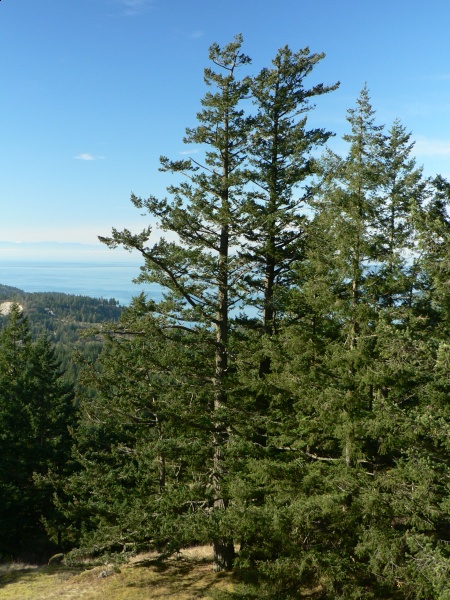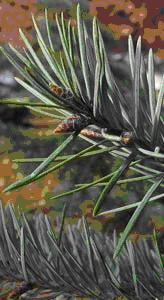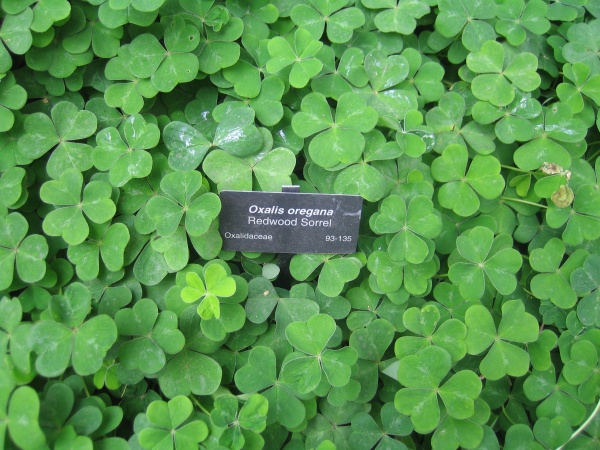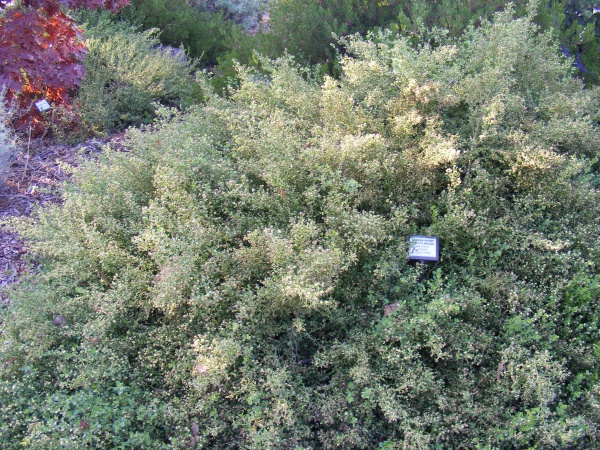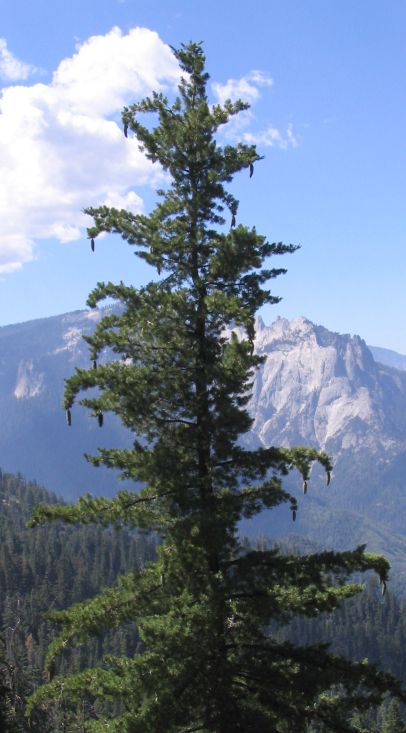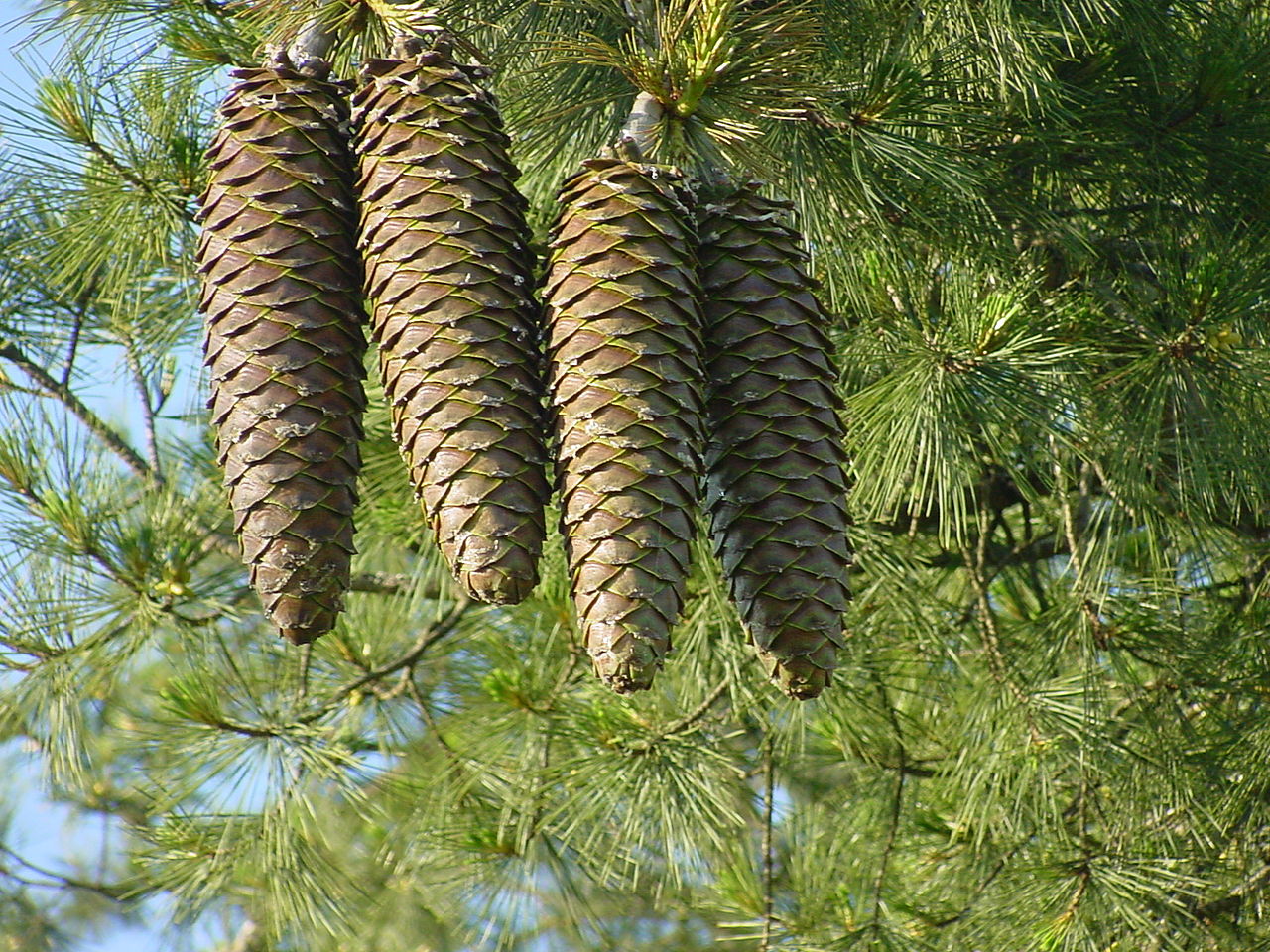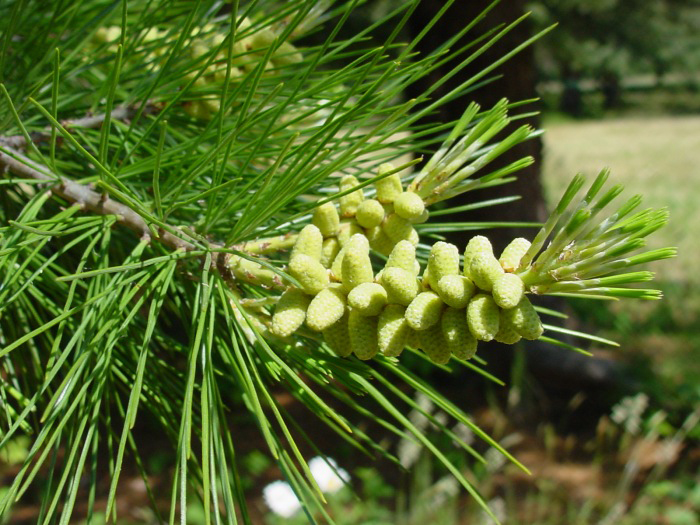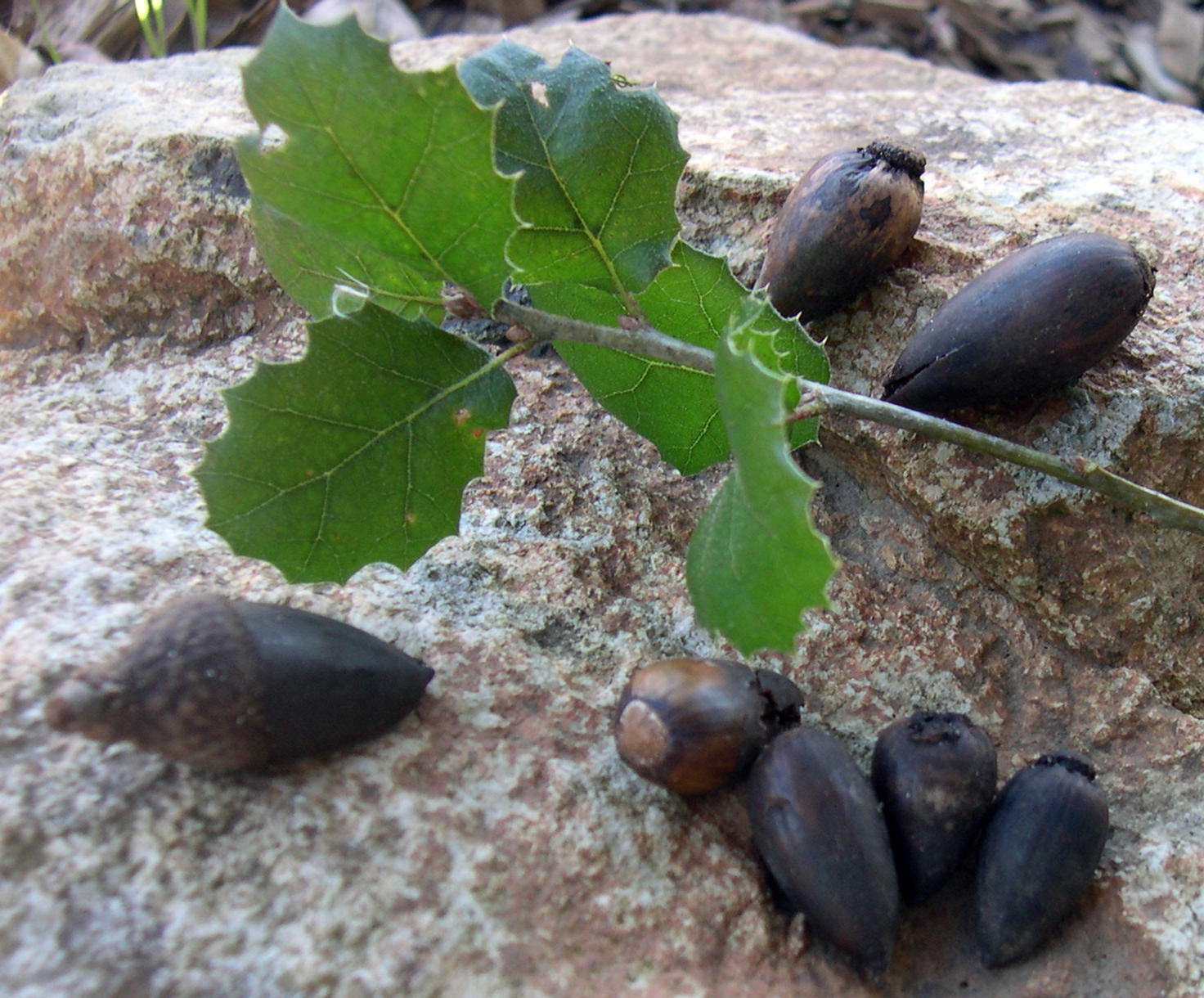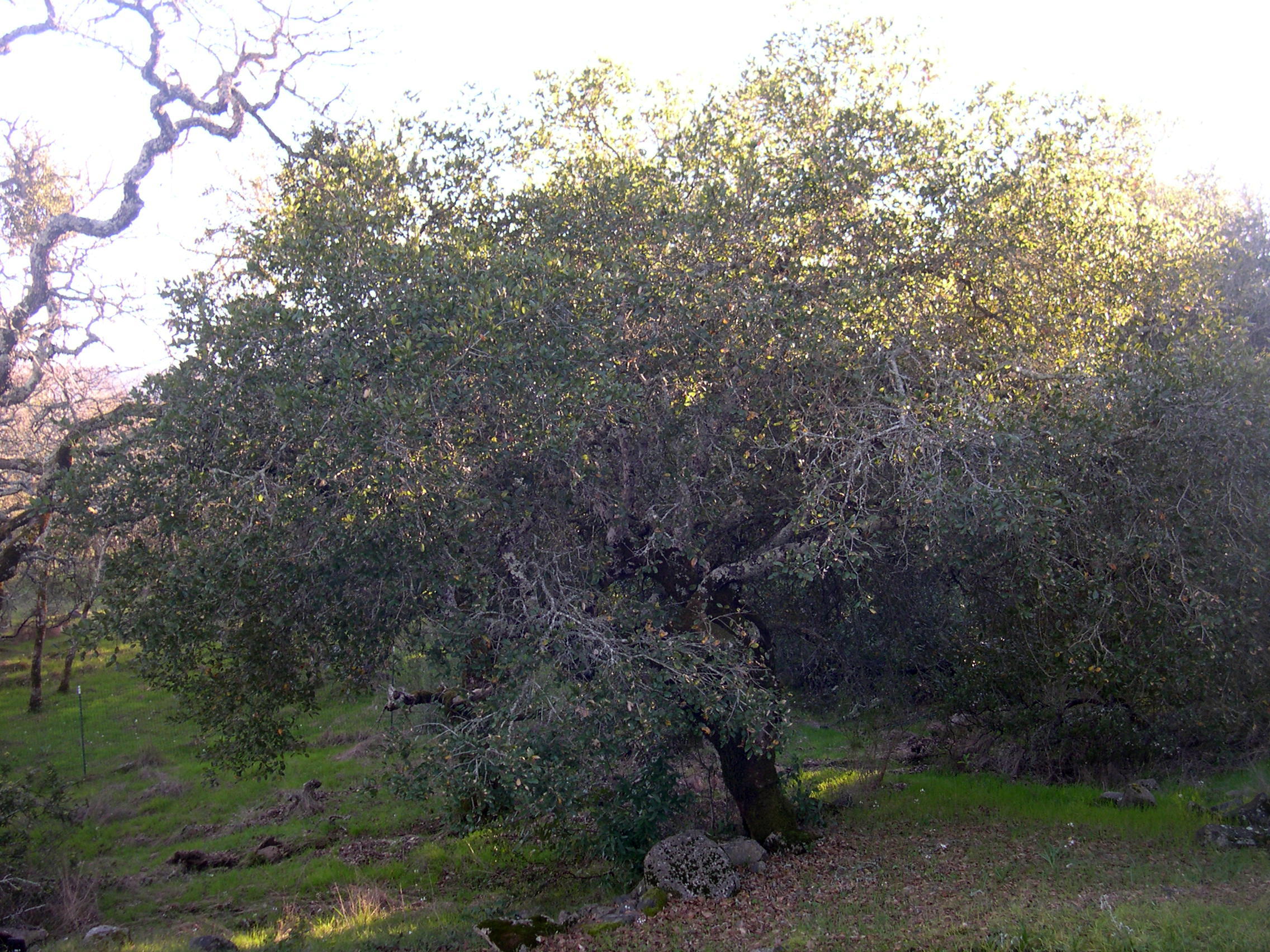Difference between revisions of "FirstClassR6"
(First Class Requirement 6) |
|||
| (11 intermediate revisions by 2 users not shown) | |||
| Line 1: | Line 1: | ||
''Identify or show evidence of at least ten kinds of native plants found in your community.'' | ''Identify or show evidence of at least ten kinds of native plants found in your community.'' | ||
California Bay Laurel | <gallery caption="Native Plants found in the Santa Clara County area" widths="600px" heights="600px" perrow="1"> | ||
Image:BayLaurel.JPG|California Bay Laurel | |||
Image:CaliforniaPoppy.jpg|California Poppy | |||
California | Image:Madrone.JPG|Madrone | ||
Image:Manzanita.JPG|Manzanita | |||
Image:MinersLettuce.jpg|Miner's Lettuce | |||
Douglas Fir | Image:oak.JPG|Oak | ||
Image:OakMapleLeafed.JPG|Maple-Leafed Oak | |||
Image:Pine.jpg|Pine | |||
Image:PoisonOak.jpg|Poison Oak | |||
Image:RedwoodCoastal.JPG|Coastal Redwood | |||
Image:Sycamore1.JPG|Sycamore | |||
Image:Sycamore2.JPG|Sycamore (more) | |||
Image:Tanoak.JPG|Tanoak | |||
Image:WalnutCalifornia.JPG|California Walnut | |||
Image:D-fir1.jpg|Douglas Fir | |||
Image:D-fir2.jpg|Douglas Fir | |||
Image:Fremont_Cottonwood1.jpg|Fremont Cottonwood | |||
Image:Fremont_Cottonwood2.jpg|Fremont Cottonwood | |||
Image:Fremont_Cottonwood3.jpg|Fremont Cottonwood | |||
Image:Fremont_Cottonwood4.jpg|Fremont Cottonwood | |||
Image:CalifBlackOak1.jpg|California Black Oak | |||
Image:CalifBlackOak2.jpg|California Black Oak | |||
Image:CalifBuckeye1.jpg|California Buckeye | |||
Image:CalifBuckeye2.jpg|California Buckeye | |||
Image:CalifBuckeye3.jpg|California Buckeye | |||
Image:ValleyOak1.jpg|Valley Oak | |||
Image:ValleyOak2.jpg|Valley Oak | |||
Image:ValleyOak3.jpg|Valley Oak | |||
Image:BigleafMaple1.jpg|Big Leaf Maple | |||
Image:BigleafMaple2.jpg|Big Leaf Maple | |||
Image:Bracken Fern1.jpg|Bracken Fern | |||
Image:Bracken Fern2.jpg|Bracken Fern | |||
Image:D-fir3.jpg|Douglas Fir | |||
Image:DouglasFir.JPG|Douglas Fir | |||
Image:OxalisOregana.jpg|Redwood Sorrel | |||
Image:CoyoteBrush.jpg|Coyote Brush | |||
</gallery> | |||
== Sugar Pine == | |||
The sugar pine is the largest species of pine, commonly growing to 130–200 ft tall, with a trunk diameter of 5–8 ft. The leaves (needles) are in bundles (fascicles) of five, with a deciduous sheath. They are 2-4 inches long. Sugar pine is notable for having the longest cones of any conifer, mostly 10–20 in. long. The seeds are 0.4-0.5 in. long, with a 0.75-1.2 in. long wing that aids wind dispersal. The seeds of the sugar pine are also a type of pine nut and are edible. The sugar pine has long straight branches, weighed down at the tips by the cones. | |||
[[File:SugarPine.jpg]] | |||
[[ | [[File:SugarPineCones.jpg]] | ||
[[File:SugarPineNeedles.jpg]] | |||
== Coast Live Oak == | |||
Coast live oak typically has a much-branched trunk and reaches a mature height of 10–25 meters (33-82 feet). Some specimens may attain an age exceeding 250 years, with trunk diameters up to three or four meters (10-13 feet), such as those on the Filoli estate in San Mateo County. The trunk, particularly for older individuals, may be highly contorted, massive and gnarled. The crown is broadly rounded and dense, especially when aged 20 to 70 years; in later life the trunk and branches are more well defined and the leaf density lower. The leaves are dark green, oval, often convex in shape, 0.75-2.75 in. long and 0.4-1.6 in. broad; the leaf margin is spiny-toothed (spinose), with sharp thistly fibers that extend from the lateral leaf veins. | |||
[[Image:CoastLiveOak.jpg]] | |||
[[ | [[File:CoastLiveOak2.jpg]] | ||
Latest revision as of 09:14, 19 June 2015
Identify or show evidence of at least ten kinds of native plants found in your community.
- Native Plants found in the Santa Clara County area
Sugar Pine
The sugar pine is the largest species of pine, commonly growing to 130–200 ft tall, with a trunk diameter of 5–8 ft. The leaves (needles) are in bundles (fascicles) of five, with a deciduous sheath. They are 2-4 inches long. Sugar pine is notable for having the longest cones of any conifer, mostly 10–20 in. long. The seeds are 0.4-0.5 in. long, with a 0.75-1.2 in. long wing that aids wind dispersal. The seeds of the sugar pine are also a type of pine nut and are edible. The sugar pine has long straight branches, weighed down at the tips by the cones.
Coast Live Oak
Coast live oak typically has a much-branched trunk and reaches a mature height of 10–25 meters (33-82 feet). Some specimens may attain an age exceeding 250 years, with trunk diameters up to three or four meters (10-13 feet), such as those on the Filoli estate in San Mateo County. The trunk, particularly for older individuals, may be highly contorted, massive and gnarled. The crown is broadly rounded and dense, especially when aged 20 to 70 years; in later life the trunk and branches are more well defined and the leaf density lower. The leaves are dark green, oval, often convex in shape, 0.75-2.75 in. long and 0.4-1.6 in. broad; the leaf margin is spiny-toothed (spinose), with sharp thistly fibers that extend from the lateral leaf veins.
